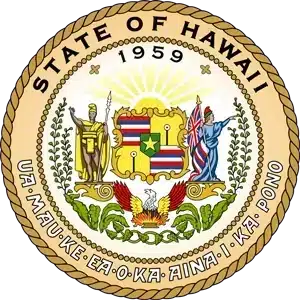Kūpa‘a Mauli Ola Summit 2025: Launching Our Learning & Leadership Collaborative

Welcome to our second annual summit. We are so grateful to you for coming, and becoming our first cohort of certified trauma-informed professionals in the state workforce.
Mahalo nui for your continued partnership in making Hawai’i a trauma-informed state!
Resources:
Wellness in the Workplace: Mini-Guide for Building a Resilient Workforce
Wellness Activity Handout: Learning Stillness with Kilo
Wellness Activity Handout: Writing for Wellness and Resilience
Executive Order: Creating a Trauma-Informed State
Agenda & Training Participant Guide
Click here for today’s event agenda.
Click here for a full-color version of today’s training participant guide for Modules 1-3.
About Our Emcee
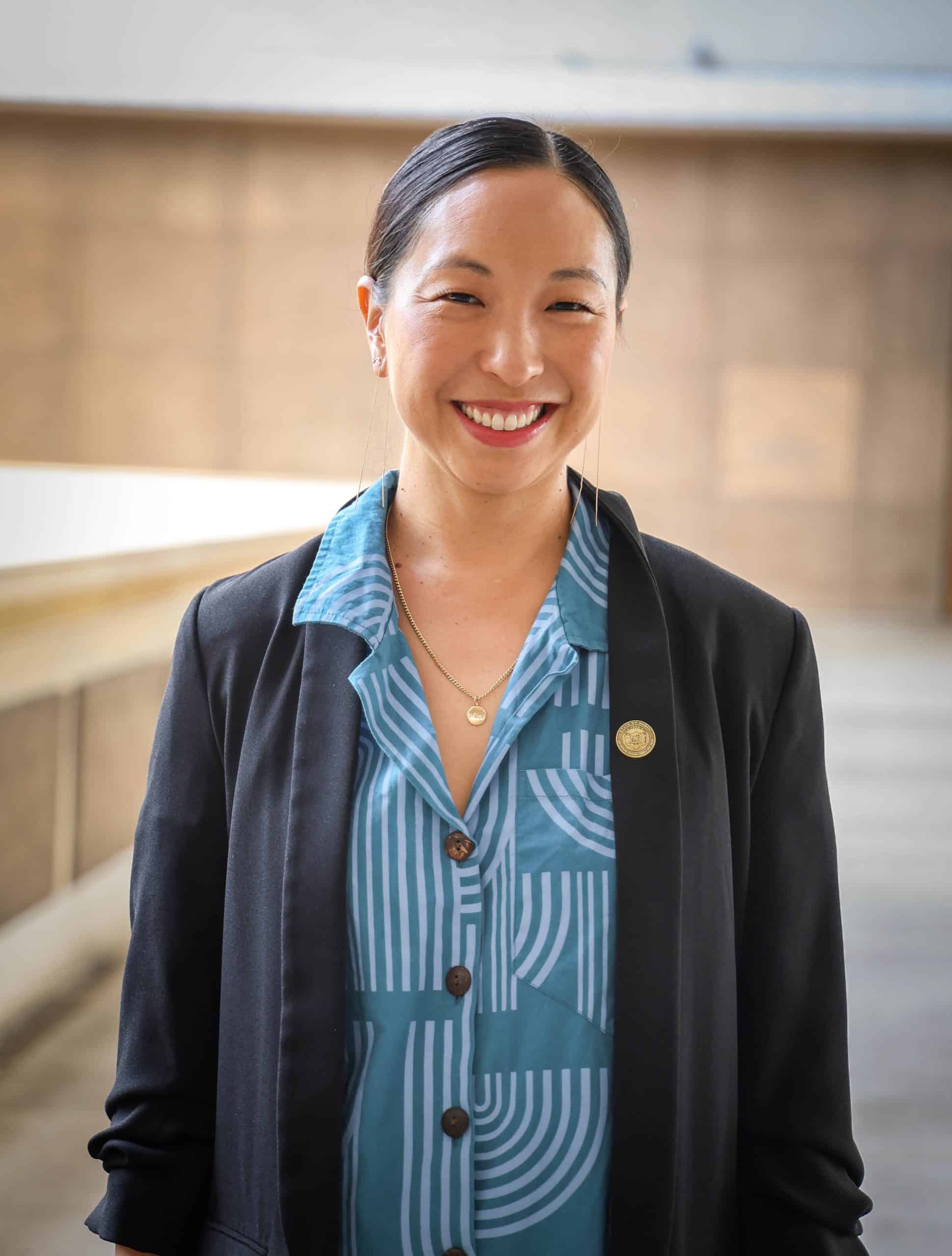
Dr. Trina Orimoto (she/her), a licensed clinical psychologist, is the deputy director of the Office of Wellness and Resilience, and is passionate about improving health service systems equitably. Dr. Orimoto has held past roles developing data-driven tools to enhance healthcare decision-making for the University of Hawai‘i and Hawaiʻi’s Department of Health. Her experience includes leading multidisciplinary teams in mental health systems research, managing federal grants, and implementing state mental health legislation. Dr. Orimoto integrates research, policy and practice, translating complex insights into actionable strategies. She has also provided evidence-based mental health services and trained healthcare professionals.
About Our Trainers
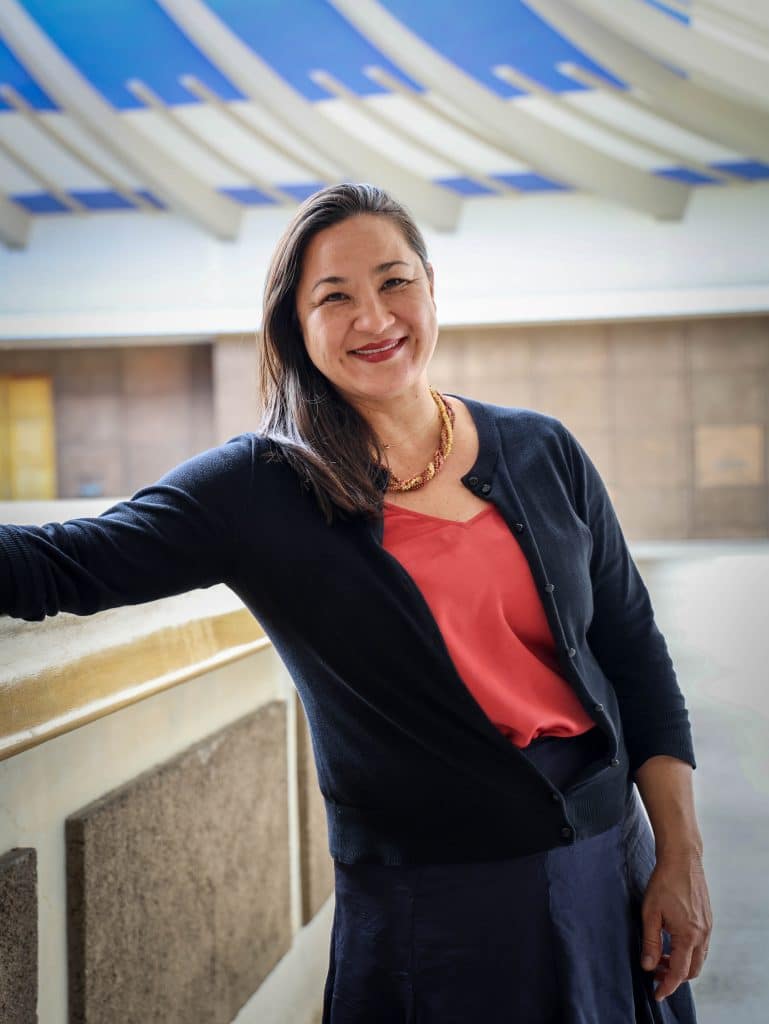
Tia L. Roberts Hartsock, MSW, MSCJA, (she/her) is the inaugural director of the Office of Wellness and Resilience, housed within the Office of the Governor Josh Green, M.D. It is the first statewide office of its kind in the nation, supporting the well-being of Hawai’i’s people through trauma-informed care strategies.
Tia has worked for nearly 25 years to improve our state’s mental health and criminal justice systems. She is on several national initiatives and working groups related to trauma-informed care, including Pathways to Resilience with the National Governors Association and the National Behavioral Health Equity Steering Committee. Formerly, Tia was the project director on three Substance Abuse and Mental Health Services Administration (SAMHSA)-funded initiatives within the Hawai‘i Department of Health to develop and provide mental health services for adolescent girls and other historically underserved populations, overseeing multiagency collaborations to improve the delivery of services by the state’s mental health system using trauma-informed and gender-specific frameworks.
Tia is a nationally certified trauma-informed care trainer with SAMHSA’s GAINS Center. She was also appointed as an adjunct faculty lecturer at the University of Hawai‘i Thompson School of Social Work and Public Health, and has lectured at both the undergraduate and graduate level. Tia earned her Master of Science in Criminal Justice Administration from Chaminade University with a specialization in juvenile justice and her Master of Social Work from the University of Hawai‘i with a specialization focus on mental health.
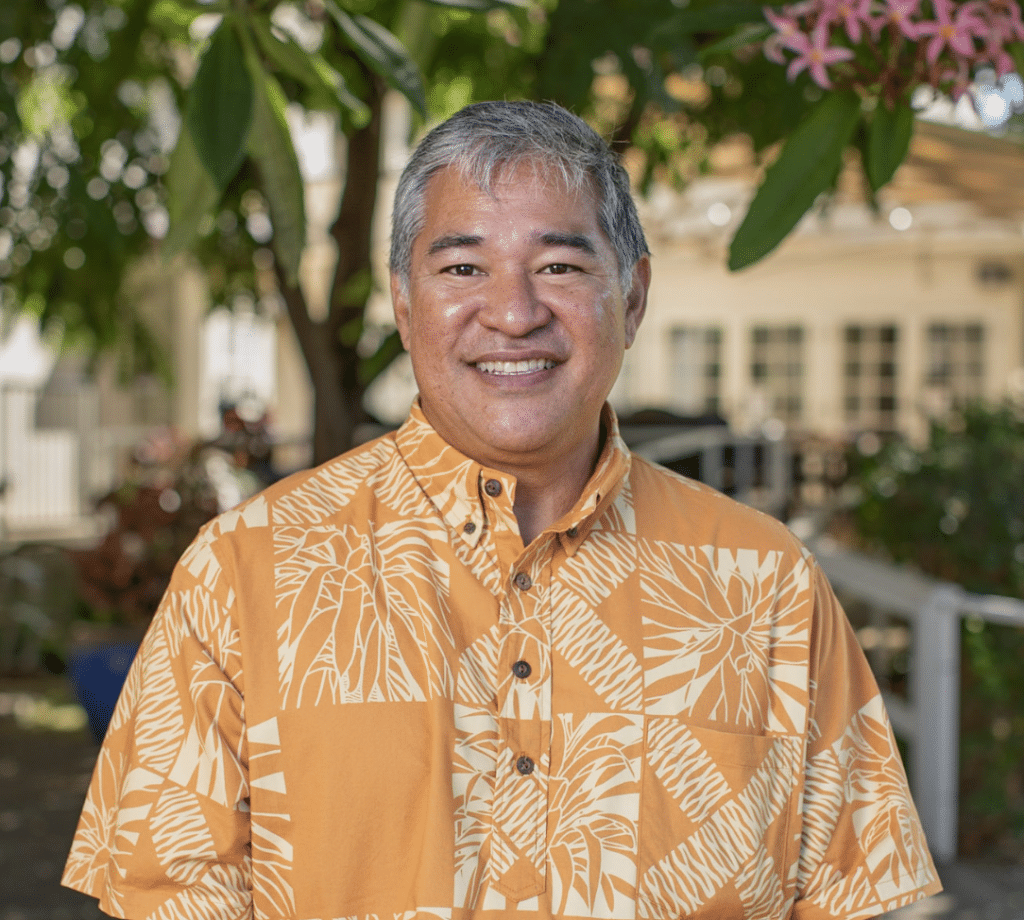
Danny Goya (he/him) is a husband, father and servant leader, and the deputy director of the Social Services Division of the Hawai‘i Department of Human Services. He is an educator with over 15 years of teaching experience in various settings, including the Department of Education (DOE), Hawaii Association of Independent Schools (HAIS), community colleges, and international environments. Danny is also a community connector with 18 years of non-profit and community work experience.
His significant professional accomplishments include creating the first nationally accredited (NAEYC) homeless preschool in the nation. Since 2007, the Ka Paʻalana Homeless Traveling Preschool has employed timeless Native Hawaiian values, literacy, evidence-based theories of change, and trauma-informed care strategies to support over 3,000 homeless and at-risk children. Additionally, he co-created the Ke Kama Pono Safehouse in Kalaeloa, a residential program for adjudicated adolescent males. The overarching goal of Ke Kama Pono is to reunify adjudicated males ages 13-17 with their families and successfully reintegrate them back into society.
Danny is also a certified trauma-informed care trainer and strategist. His methodologies integrate Western sciences and Indigenous cultural practices in a “two-lens” approach to addressing community issues, historical and situational trauma, and building wellness and resilience.
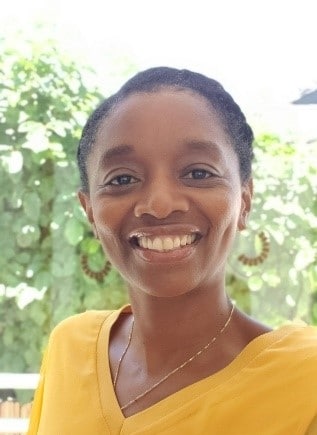
Sharon Simms (she/her) is the founder and CEO of SAS Services, LLC, is a nonprofit consultant and coach, former social worker and social work educator who has served numerous agencies in the State of Hawai‘i. She is a nationally certified trauma-informed care trainer with the Community Resilience Initiative, and provides a variety of services to assist organizations in delivering effective and efficient services, from policy development, strategic planning, and program evaluation to community outreach and interim executive leadership.
Sharon has more than 18 years of experience working in human/social services and has worked within the nonprofit sector for more than 15 years. Sharon has also served as a consultant to the Department of Human Services to redesign transitional services for young people exiting the foster care system, and as the interim executive director for the National Association of Social Workers, Children’s Alliance of Hawai‘i and Central O‘ahu Youth Services Association. Sharon has also taught at the University of Hawai‘i at Mānoa in the Myron B. Thompson School of Social Work and Outreach College. She has experience in curriculum development, program evaluation, strategic planning and conference/event planning.
